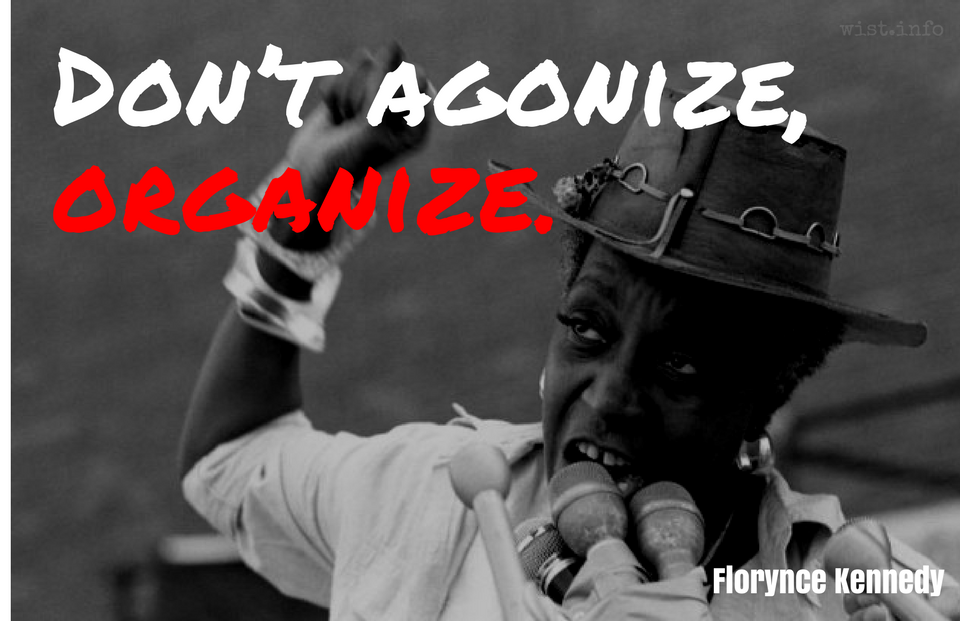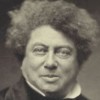It is well to give when asked, but it is better to give unasked, through understanding.
Kahlil Gibran (1883-1931) Lebanese-American poet, writer, painter [Gibran Khalil Gibran]
The Prophet, “Giving” (1923)
(Source)
Quotations about:
response
Note not all quotations have been tagged, so Search may find additional quotes on this topic.
Let not these things thy least concern engage;
For though thou fret, they will not mind thy rage.
Him only good and happy we may call
Who rightly useth what doth him befall.
[τοῖς πράγμασιν γὰρ οὐχὶ θυμοῦσθαι χρεών:
μέλει γὰρ αὐτοῖς οὐδέν: ἀλλ᾽ οὑντυγχάνων
τὰ πράγματ᾽ ὀρθῶς ἂν τιθῇ, πράσσει καλῶς]Euripides (485?-406? BC) Greek tragic dramatist
Bellerophon [Βελλεροφῶν], frag. 287 (TGF) (c. 430 BC) [Morgan (1718)]
(Source)
Quoted in Plutarch, "De Tranquilitate Animi [On the Contentedness of the Mind]," sec. 4. (467a). Nauck frag. 287, Barnes frag. 132, Musgrave frag. 24.
(Source (Greek)). Alternate translations:
Nor ought we to be angry at Events;
For they our anger heed not: but the man
Who best to each emergency adapts
His conduct, will assuredly act right.
[tr. Wodhull (1809)]
Events will take their course, it is no good
Our being angry at them; he is happiest
Who wisely turns them to the best account.
[tr. Shilleto (1888), frag. 298]
It does no good to rage at circumstance;
Events will take their course with no regard
For us. but he who makes the best of those
Events he lights upon will not fare ill.
[tr. Helmbold (1939)]
There is no point in getting angry at circumstances. They are uncaring, utterly unconcerned.
But a man who responds to them in the right way, he fares well.
[tr. Stevens (2012)]
One should not get angry with affairs, for they show no concern; but if a man handles affairs correctly as he encounters them, he fares well.
[tr. Collard, Hargreaves, Cropp (1995)]
There are silences harder to take back than words.
James Richardson (b. 1950) American poet
“Vectors: 56 Aphorisms and Ten-second Essays,” Michigan Quarterly Review, # 3 (Spring 1999)
(Source)
The man in the factory who has had to batter his way up through life in order to exist; the woman in the household, fending for her husband, her children; wary of deceit and false-dealing and bullying in the course of her busy day, know (and knew) instinctively that the bully must be met with instant repulse or he multiplies his own violence. A placated bully is a hand-fed bully. A Chamberlain, creapping home under the protection of his umbrella, tricked and ridiculed by the enemy, mouthing the peace-in-our-time fallacy, can cause the destruction of our world; and nearly did. One thing I’ve learned in life; you cannot placate the power-mad. You must — to paraphrase an old saying — take the bully by the horns. Early.
Edna Ferber (1886-1968) American author and playwright
A Kind of Magic: An Autobiography (1963)
(Source)
If you can’t change your fate, change your attitude.
Reason allows us to determine when our wishes are in irrevocable conflict with reality, and then bids us to submit ourselves willingly, rather than angrily or bitterly, to necessities. We may be powerless to alter certain events, but we remain free to choose our attitude towards them, and it is in our spontaneous acceptance of necessity that we find our distinctive freedom.
Alain de Botton (b. 1969) Swiss-British author
The Consolations of Philosophy, ch. 3 “Consolation for Frustration”(2000)
(Source)
Don’t agonize, organize.
Florynce "Flo" Kennedy (1916-2000) American lawyer, feminist, civil rights activist
(Attributed)
(Source)
Quoted in Gloria Steinem, "The Verbal Karate of Florynce R. Kennedy, Esq.," Ms. (Mar 1973).
Never complain and never explain.
Benjamin Disraeli (1804-1881) English politician and author
(Attributed)
(Source)
Most often cited to John Morley, Life of William Ewart Gladstone, Vol. 1, Book 2, ch. 2, sec. 1 (1903). This was Disraeli's distillation of advice that Lord High Chancellor John Copley, Lord Lyndhurst, gave at a January 1835 dinner attended both a young Gladstone and Disraeli:
Never defend yourself before a popular assemblage, except with and by retorting the attack; the hearers, in the pleasure which the assault gives them, will forget the previous charge.
The phrase is also attributed to Benjamin Jowett, Henry Ford II, and Charles Stewart Parnell.
Calumny is like a wasp which harasses you. Raise no hand against it unless you’re sure of killing it, for otherwise it will return to the charge more furious than ever.
[La calomnie est comme la guêpe qui vous importune, et contre laquelle il ne faut faire aucun mouvement, à moins qu’on ne soit sûr de la tuer, sans quoi elle revient à la charge, plus furieuse que jamais.]
Nicolas Chamfort (1741-1794) French writer, epigrammist (b. Nicolas-Sébastien Roch)
Products of Perfected Civilization [Produits de la Civilisation Perfectionée], Part 1 “Maxims and Thoughts [Maximes et Pensées],” ch. 5, ¶ 302 (1795) [tr. Dusinberre (1992)]
(Source)
(Source (French)). Alternate translations:
Calumny is like the wasp which worries you, which it were best not to try to get rid of unless you are sure of slaying it; for otherwise it will return to the charge more furious than ever.
[Source (1872)]
Scandal is an importunate wasp, against which we must make no movement unless we are quite sure that we can kill it; otherwise it will return to the attack more furious than ever.
[tr. Mathers (1926)]
Calumny is like some annoying wasp, against which one must make no move unless one is sure of killing it, or else it will return to the charge more furiously than ever.
[tr. Merwin (1969)]
Calumny is a wasp that bothers you, and against which you mustn't make any movement unless you are sure to kill it; otherwise it will attack you more furiously than before.
[tr. Siniscalchi (1994)]
Slander is like a wasp which is pestering you but which you mustn't take any action against unless he happens to turn round.
[tr. Parmée (2003), ¶ 182]
If a donkey bray at you, don’t bray at him.
George Herbert (1593-1633) Welsh priest, orator, poet.
(Attributed)
Often attributed to Herbert, but not found in his works. Elsewhere listed simply as a proverb.
It is always easier to hear an insult and not retaliate than have the courage to fight back against someone stronger than yourself; we can always say we’re not hurt by the stones others throw at us, and it’s only at night — when we’re alone and our wife or our husband or our school friend is asleep — that we can silently grieve over our own cowardice.
Sir, calumnies are answer’d best with silence.
Life is 10 percent what you make it and 90 percent how you take it.
Irving Berlin (1888-1989) American songwriter [b. Isidore Beilin]
(Attributed)
(Source)
Attributed as a comment made by Berlin during a performance of the show This is the Army, Mr. Jones at the Palladium in London in 1943.
Also sometimes attributed to Benjamin Franklin.
We who lived in concentration camps can remember the men who walked through the huts comforting others, giving away their last piece of bread. They may have been few in number, but they offer sufficient proof that everything can be taken away from a man but one thing: the last of the human freedoms — to choose one’s attitude in any given set of circumstances, to choose one’s own way.
Viktor Frankl (1905-1997) German-American psychologist, writer
Man’s Search for Meaning, Part 1 (1959)
(Source)
HENRY: Are these things then necessities?
Then let us meet them like necessities.William Shakespeare (1564-1616) English dramatist and poet
Henry IV, Part 2, Act 3, sc. 1, l. 94ff (3.1.94-95) (c. 1598)
(Source)





















